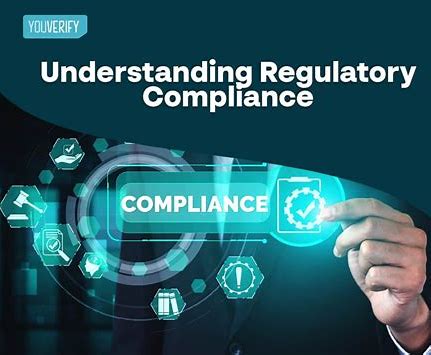SEBI Compliance Audit
Ensure Adherence to Securities and Exchange Board of India Regulations

Ensure Adherence to Securities and Exchange Board of India Regulations

The SEBI Compliance Audit ensures that market participants such as stock brokers, asset management companies, and listed entities follow the regulations and guidelines laid down by the Securities and Exchange Board of India. The audit focuses on governance, investor protection, risk management, and financial integrity within capital markets.
We assess your role in the capital market ecosystem and identify the relevant SEBI compliance requirements.
We evaluate your internal controls, IT systems, disclosures, and investor protection mechanisms.
We verify adherence to SEBI regulations, circulars, and periodic reporting norms.
We provide a comprehensive audit report outlining non-compliances, control gaps, and a roadmap to compliance.


